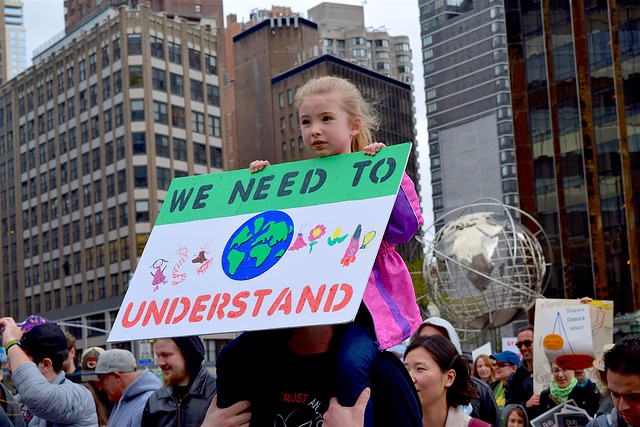The options for going green can sometimes seem overwhelming to the novice. Does it just seem too hard or expensive for you to try? Let go of your past difficulties with green energy; instead, follow the tips you’re about to read so you can improve your home now and in the future.
You can make a difference and save energy simply by taking steps to use less energy every day. Unplug your electrical appliances from outlets when not in use. When you are no longer using them, turn off lights and the television. These simple tips can save you money, as well as saving electricity.
Consider outdoor lighting, such as garden or patio lighting, that is solar-powered. These lamps are cheap and don’t require any power besides sun exposure. This saves you a lot of energy. It also means that you avoid having to go outside and wire up outdoor lights.
Are you a farm owner? If you own a farm, consider installing an energy turbine on your property, or renting land to a utility company for that purpose. The turbine will provide free energy to you and close neighbors, and won’t take up much space.
Replace and clean furnace filters yearly, and check them monthly. If your air intakes and registers do not have filters, take the time to install them. This stops debris from blocking heating ducts.
Speak to a technician to find out if your fuel oiled heating can be changed to an alternative fuel, such as biodiesel. Many systems allow a switch to biodiesel or biofuel with slight modifications. Biodiesel will burn cleaner than petroleum, which helps to protect the environment.
When weather is good, skip the energy-hogging dryer and dry your clothes on an outdoor clothesline. You’ll love how your clothes smell after being sun-dried. They’ll smell so much better than if you shoved them into a dryer! You will also be saving money on your utility bills.
Solar Energy
Use solar energy to provide hot water cheaply. Purchase a hot water system that uses solar energy. There are direct circulation systems as well as indirect systems. If your pipes freeze when it’s cold, the best option is the indirect system.
When planning the solar system used in the home, use winter sunshine hours to determine what potential energy generation will be. This will guarantee you energy no matter the weather, and it will have you entering the summer safely without energy concerns as well. However, you should also include any refunds you will get from your utility company for excess energy generated in summer!
Learn about the differences between passive and active solar power. Passive solar power is power on demand and does not require cells for power storage. Active solar power has plenty of power storing ability so you will have energy ready anytime you may need it. Active solar powers requires solar panels that need installations as well as mechanical systems and cells. Passive systems simply use the sun’s energy to heat your house or water.
Pay attention to any federal or local rebates offered for making alternative-energy updates to your home. Sometimes, your local utility company can give you a rebate based on what the upgrades cost. You may also be able to get tax credits or deductions from the government for your upgrades. These rebates, credits, and other allowances can make it much more affordable to install renewable energy equipment on your property.
If you aspire to live a green, environmentally friendly lifestyle, there are many options for you. Going green doesn’t mean you have to spend tons of money, as you can begin simply by setting the thermostat to 60 degrees for those periods when you are not home.
You can also conduct monthly cleanings of your furnace filters. You can also help reduce energy usage by reducing the temperature of your water heater to 120 degrees. Every small change helps!
While cooking, use a microwave if you can to save on energy. Any time you cook something on the stove or in the oven it tends to use up a ton of energy. So, never shy away from the microwave when using it is an option. You will save time, money, and energy by making this choice.
So now you should be able to understand what it truly takes to alter your home to become more green and environmentally friendly. This article has provided you with the answer, but it’s up to you to start using the techniques listed here, in your own life. Once you begin the process of changing over to green energy, you will be surprised by the results!


